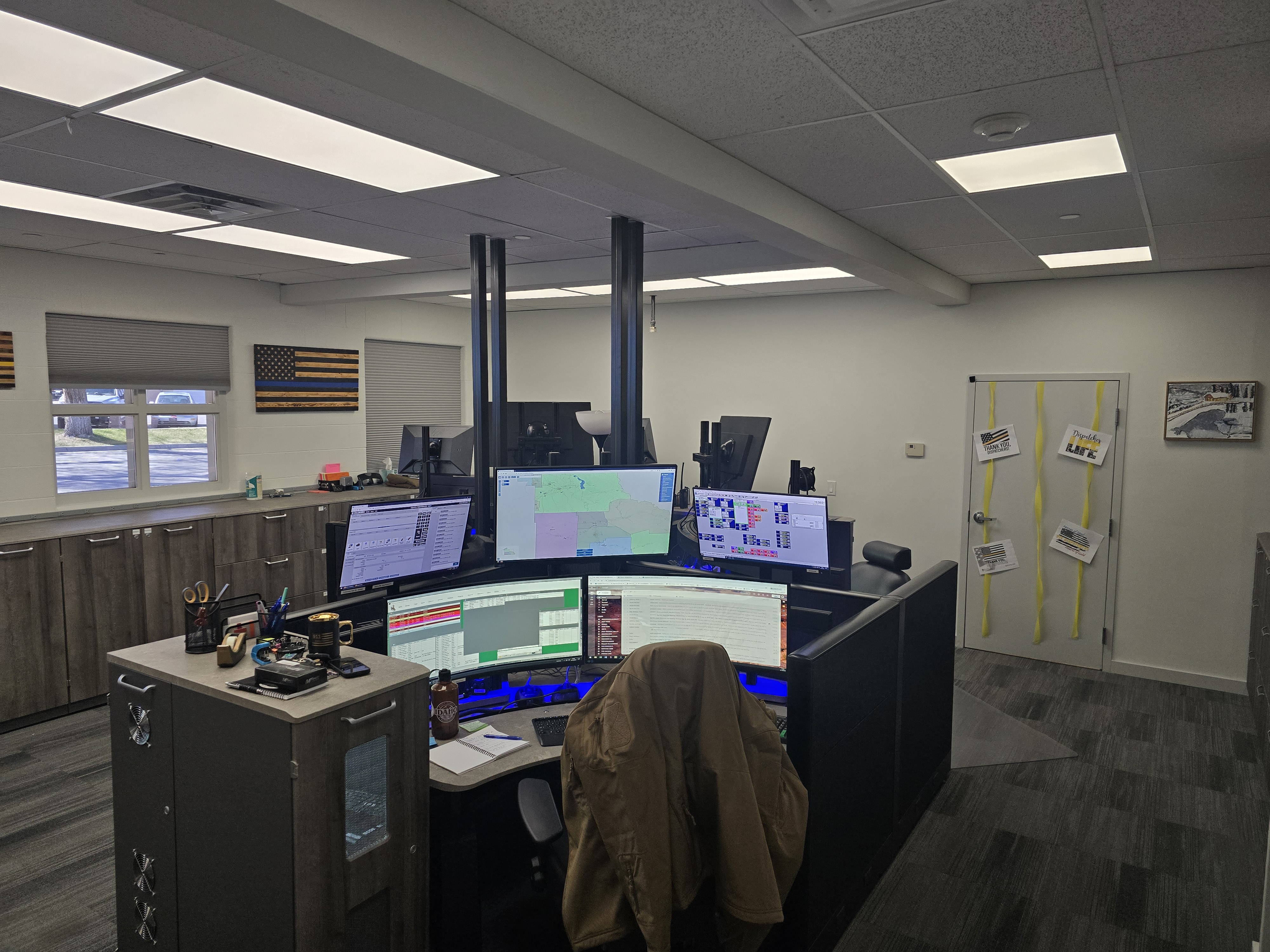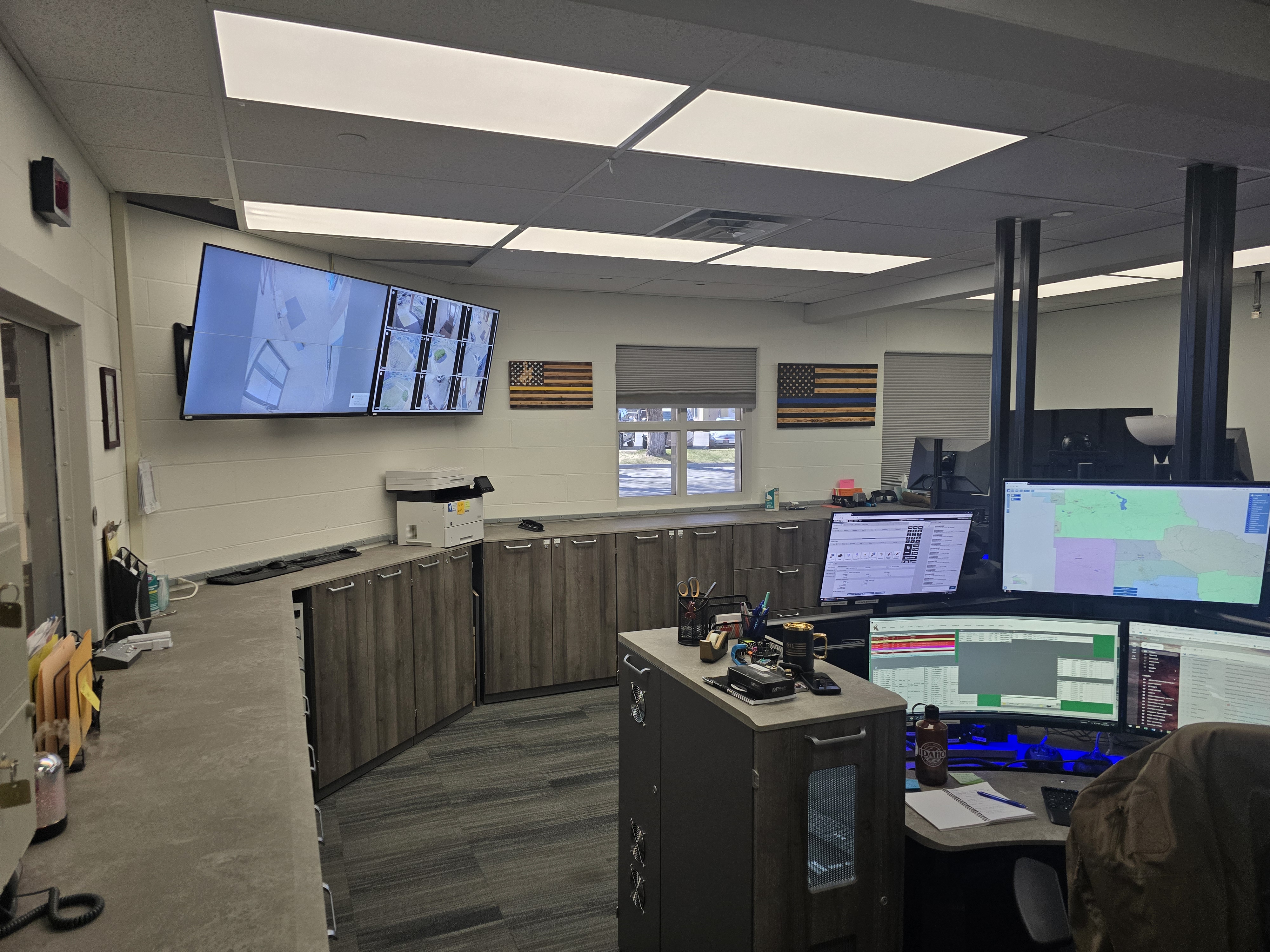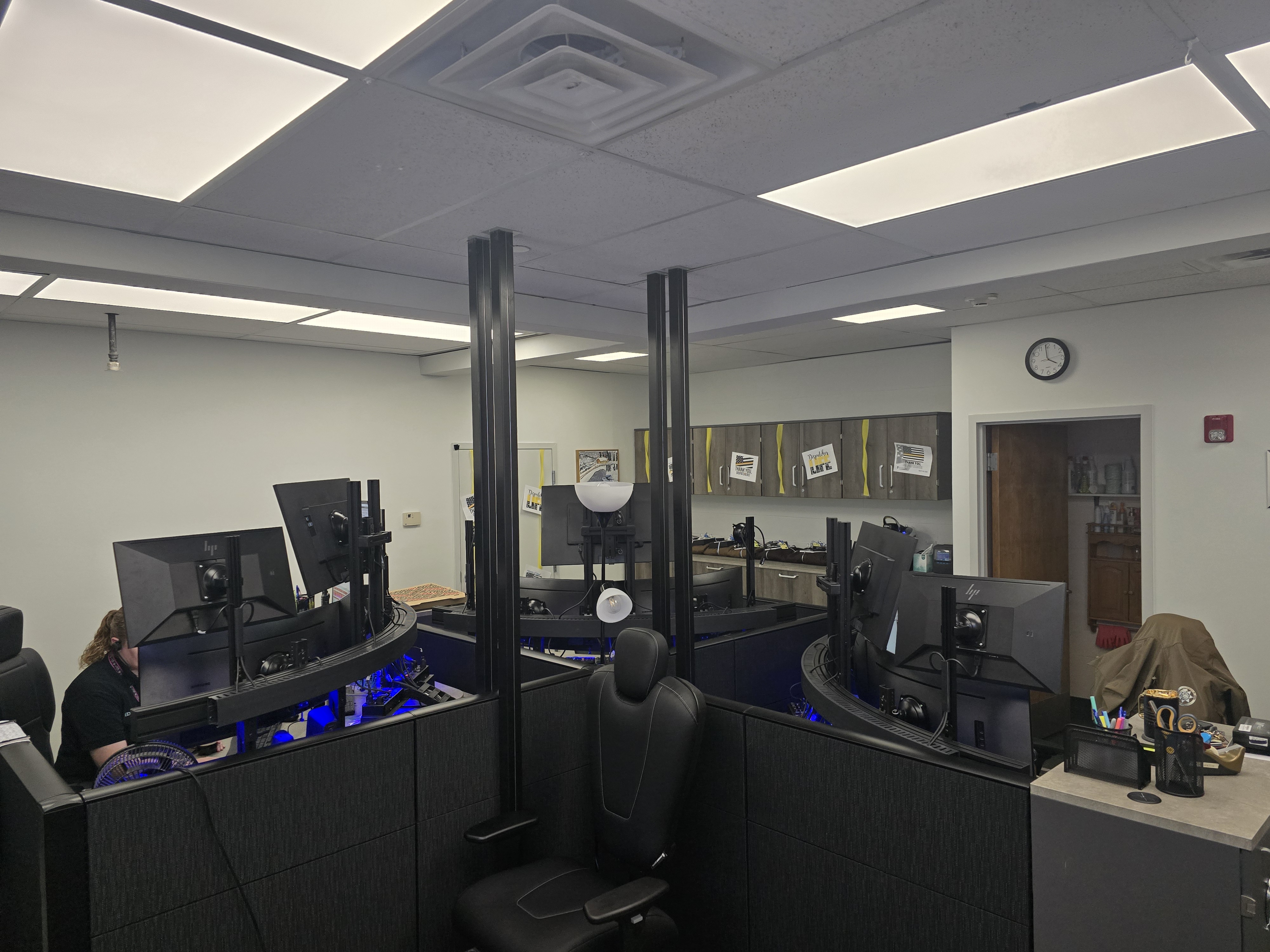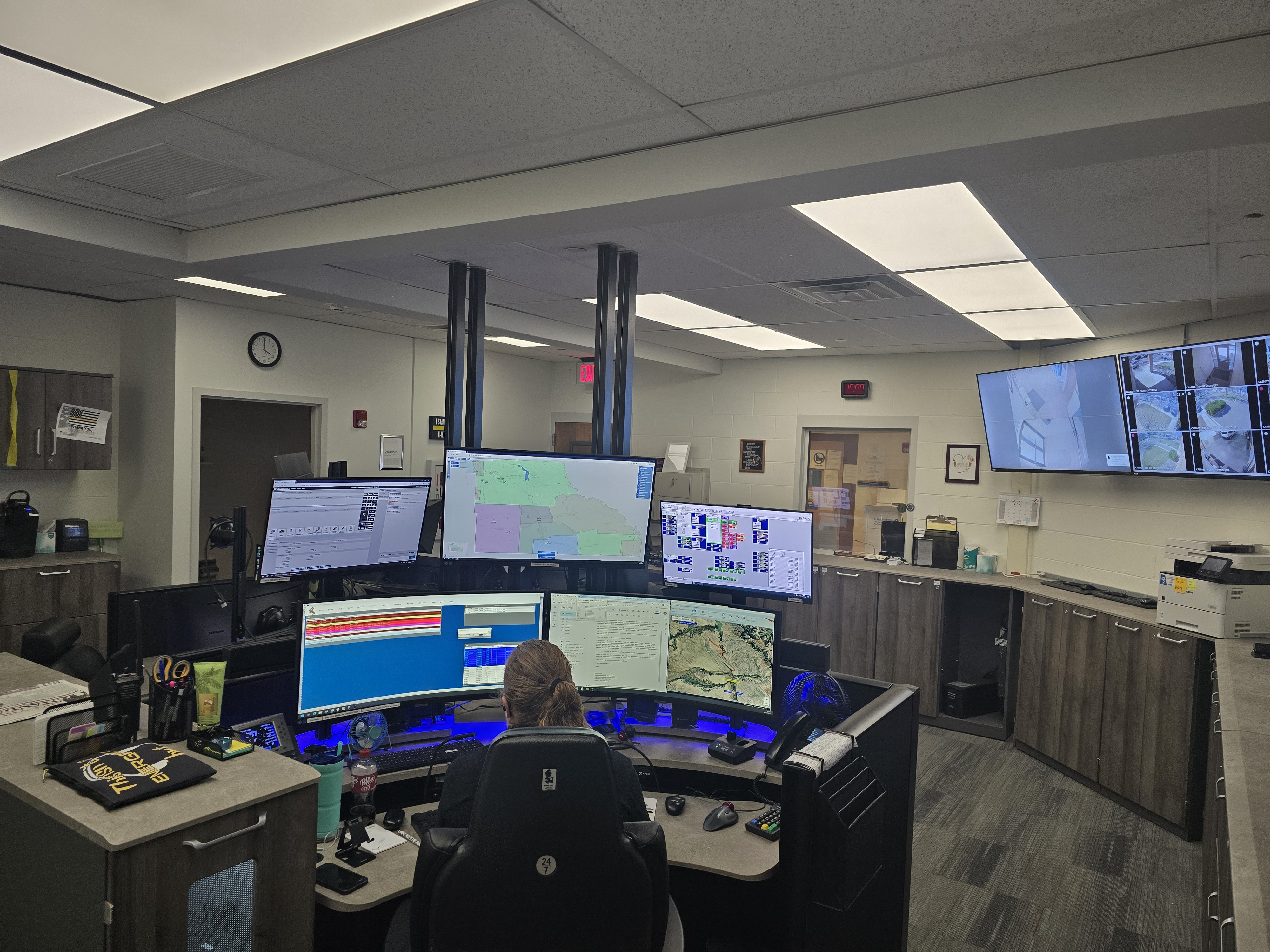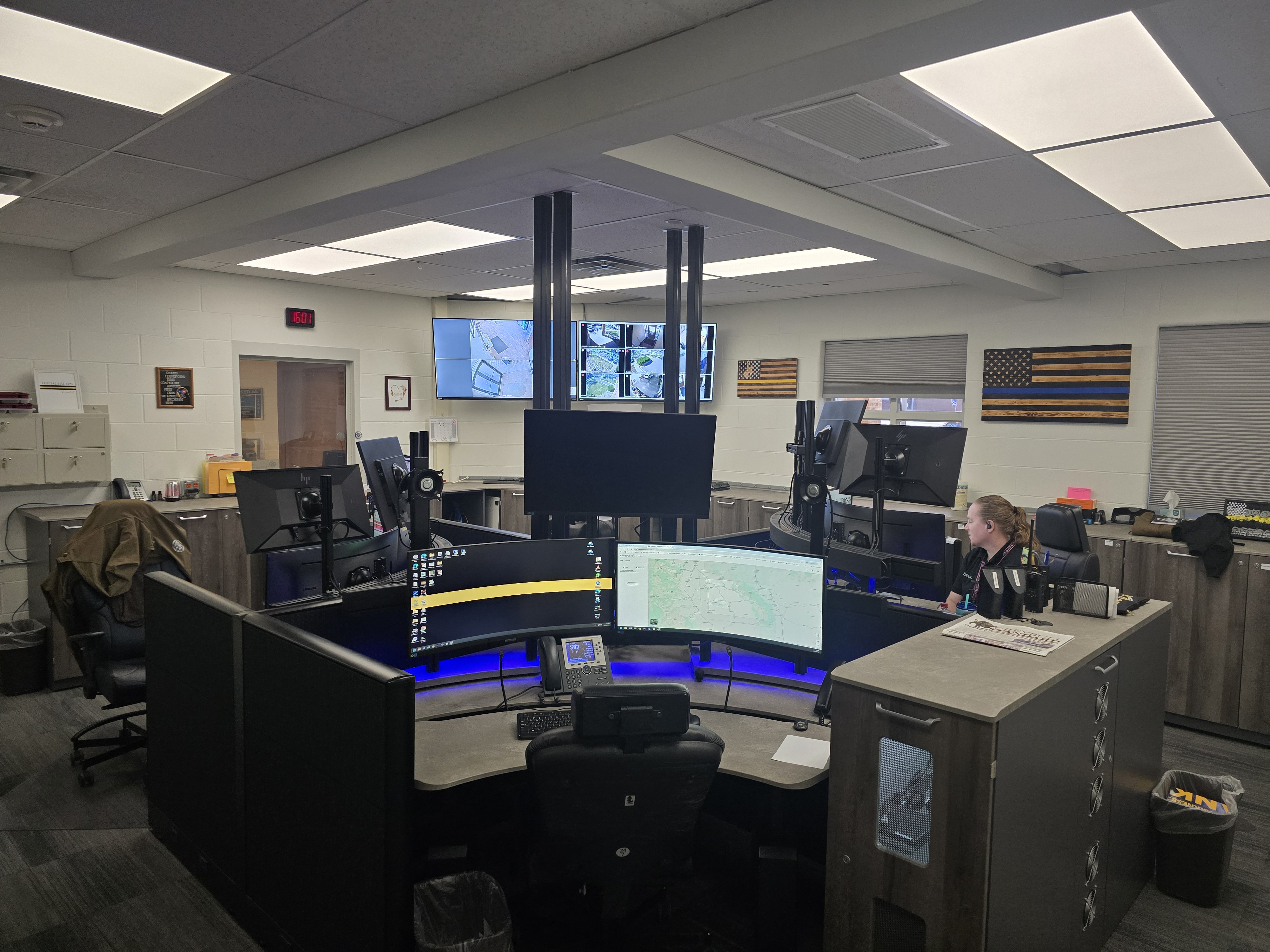The Big Horn County Communications Center in Basin is staffed 24/7, 365 days per year by highly trained tele-communicators. In an emergency the dispatchers are the life line between the general public and emergency responders.
Big Horn County Communications Center provides emergency and non-emergency communications for the following municpalities and agencies. Big Horn County Sheriff’s Office, Big Horn County Search and Rescue, Big Horn County Coroners Office, Basin Police Department, Greybull Police Department, Cody Regional Health EMS, Big Horn County Fire Warden, Big Horn County Fire Districts #2, #3, and #4, Greybull Fire Department, Shell Fire Department, Hyattville Fire Department, Otto, Shell, Emblem, Manderson, Burlington, Cowley, Frannie, and Deaver.
To report any crime please call (307)568-2324. In any life threatening situation or emergency please dial 9-1-1.
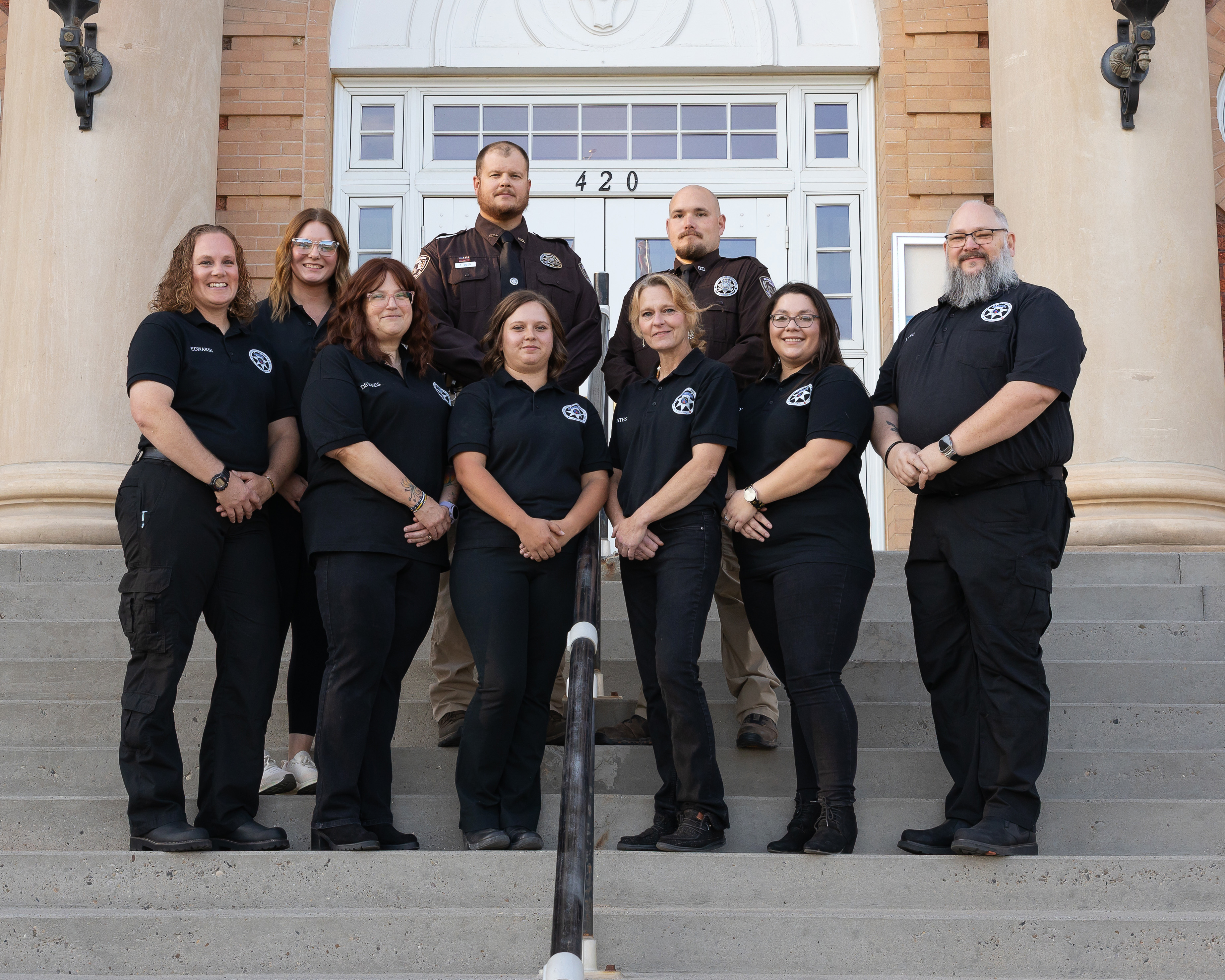
***Photo Credit to Michelle Olsen Photography***
Starting in 2024 with completion in March 2025, a major remodel of our communications center took place resulting in a state of the art communications center with the latest technology to serve our citizens in the most efficient and professional manner as possible. This remodel not only provided us with state of the art equipment, but also plenty of room to expand into the future.
The Big Horn County Sheriffs Office has enabled and installed the most up to date 911 software capable of receiving Text to 911 and Phase 1 and Phase 2 enhanced information services.
We serve as the primary Public Safety Answering Point for Big Horn County. Telecommunicators are able to track emergency callers locations to better direct emergency responders to the scene.
9-1-1 TIPS and Requests
When you call 911, a dispatcher with specialized training will answer the call. The dispatcher will ask for basic information, such as the type of emergency, location, the number and conditions of those who are ill or injured and what care is being provided. Answer the dispatcher’s questions as clearly as possible, and only hang up if directed to do so by the dispatcher.
ACCIDENTAL 911 CALLS
If you accidentally dial 911 and do not have an emergency please do not disconnect the call. Please stay on the line and answer the telecommunicators questions so that we can insure emergency services are not needed. IF you do hang up and disconnect the call prior to a telecommunicator answering, please answer the call back that will occur and we ask that you please answer all questions the telecommunicator may have for you.
TEACH YOUR CHILDREN HOW TO CALL 9-
Be sure they know what 9-1-1 is, how to dial from your home and cell phone, and to trust the 9-1-1 call taker. Make sure your child is physically able to reach at least one phone in your home. When calling 9-1-1 your child needs to know their name, parent’s name, telephone number, and most importantly their address. Tell them to answer all the call takers questions and to stay on the phone until instructed to hang up.
PRANK CALLS TO 9-
Be sure all members of your household are aware that prank or harassing calls to 9-1-1 will be dealt with by local law enforcement agencies.
POST YOUR ADDRESS CLEARLY AND PROMINENTLY AT YOUR ENTRANCE AND ON YOUR HOME.
Posting your 9-1-1 address at the driveway entrance and on your home will alleviate any confusion as to whether emergency responders have the correct location. Try using something reflective or illuminated so that it can be seen in the evening as well as during the day.
DO NOT ASSUME SINCE YOUR MAILBOX IS MARKED YOU HAVE POSTED YOUR ADDRESS
Mailboxes are not always at the entrance of a driveway and usually are not marked clearly on both sides. Most cities, towns and counties have ordinances or resolutions for posting 9-1-1 addresses or "fire markers" - check with your local authority having jurisdiction. Always report missing street signs when noted - these not only help others find your home but are essential to emergency response personnel. Contact the Big Horn County Sheriff's Office Communications Center if you need to report a missing/damaged street sign.
KNOW THE PHONES YOU OWN.
Educate everyone about the phone system in your home as well as your cell phone. Children may need to use the devices in an emergency and will need to know how to operate them. Even if your cell phone does not currently have an active cellular plan, it will still contact 9-1-1 in an emergency. All landlines and cellular telephones are capable of
DO NOT LET CHILDREN PLAY WITH OLD CELL PHONES.
Even an old cell phone that still has a battery is capable of dialing 9-1-1 even if you don’t have a current contract for your old phone. Trying to track down the calls that come from children playing with a phone is a waste of resources, and could prevent someone with a legitimate emergency from getting through to the 9-1-1 operator. Removing the battery can provide the best way to ensure it can't make a call either on purpose or by accident.


